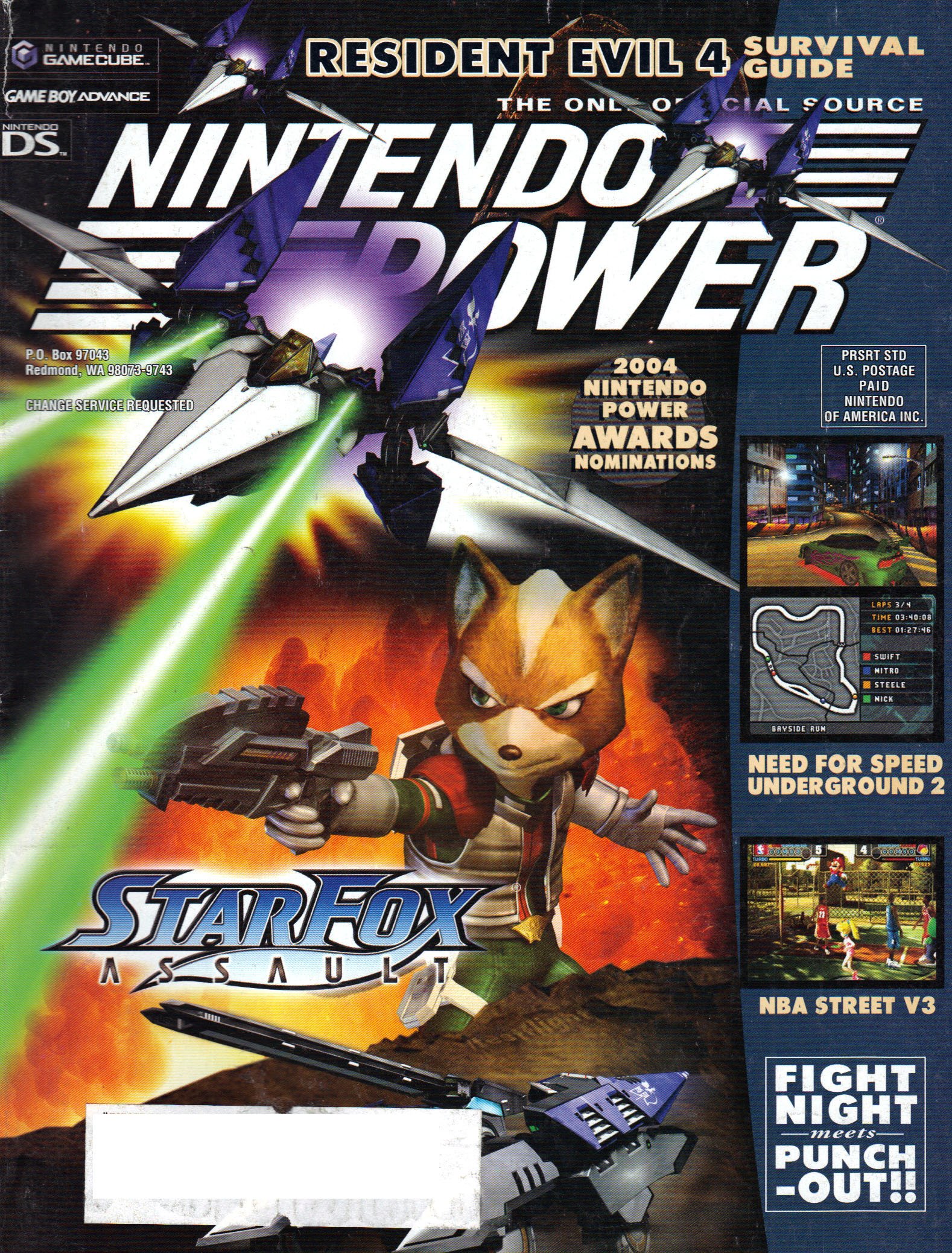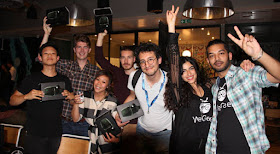 Now for those of you who've been following me, you might be surprised to hear that I’ve never really been to a convention. Yes, I know, I know, going to conventions (or “cons” as they are affectionately referred to) is part of being a “good geek”. Yet, as many of us should be well aware of, when you become an adult you have many responsibilities and demands to your time, and often we don't have the opportunity to do things like going to a con.
Now for those of you who've been following me, you might be surprised to hear that I’ve never really been to a convention. Yes, I know, I know, going to conventions (or “cons” as they are affectionately referred to) is part of being a “good geek”. Yet, as many of us should be well aware of, when you become an adult you have many responsibilities and demands to your time, and often we don't have the opportunity to do things like going to a con.That aside, I still wanted to take the time to talk a little bit about conventions and communities within the gaming and geek space. I find this to be an important topic because of the importance of socializing in a time where it’s easy to shut yourself off from those around you. Until fairly recently gamers have had a stigma attached to them of being loners, or losers, and we need to combat some of these notions as best as we possibly can.
Back in the early days of console and computer gaming, self-identifying as a “gamer” had almost no cool factor attached to it. Heck, in the 80s and the 90s, the image of a gamer being some pasty, grossly out-of-shape individual, who sat in their dark bedroom, or in their parents’ basement, playing games, or messing around with computers, was pretty much the working stereotype. Many people back then just didn’t “get it” when it came to the appeal of finishing some deep RPG or learning how to upgrade your PC and actually get it to run something like “Doom”. Parents would typically walk into their kids’ bedrooms, draw open the curtains, and remark about how it was such a nice day outside and that they really should go out and play.
When you think back on some of these things, it’s easy to see why gamers and “computer nerds” felt isolated back then. Sure, depending on where they lived, there were clubs they could have joined in order to find a couple of people who may have shared their interests, or perhaps there were some small local gatherings that they could attend. But for most kids, teenagers, or even young adults, that was about as far as it went. Yes, by the mid-90s shows like E3 were starting to normalize the gaming market, but that was something that most could only hope to attend.
Meanwhile, beyond small localized clubs, magazines would often serve as a way to make gamers feel more connected to the group they were a part of. In many ways magazines served to create a sense of culture around the gaming space. Articles were written by adults who were passionate about these games (rejecting the idea that all adults didn’t “get it” and showing that gaming was something that could be enjoyed by all age groups) and most magazines had entire sections dedicated to fan-submitted letters talking about things that interested them, asking questions about some of the titles out there, or sharing tricks they’d learned in their many hours of play. Reviews would give people an idea of what games they should keep an eye out for (or be sure to put on their Christmas lists) and readers would most certainly make good use out of the walkthrough and “cheats” sections of the magazines.
In a lot of ways, magazines like Nintendo Power, Electronic Gaming Monthly, and Tips & Tricks (to name just a few) offered a sense of community before the internet became anything like what it is today. Now, websites like PC Gamer, GameSpot, Kotaku, N4G, and Polygon (again, to name just a few) carry on this tradition, the main difference being that news from them comes 24 hours a day, not just monthly, and all of these sites have a robust community to be a part of in the form of forums, active comment threads, and sub-Reddits.
Today, major conventions and trade-shows like the Electronics Entertainment Expo (E3), the Consumer Electronics Show (CES), Penny Arcade Expo (PAX, with various regional shows throughout the year), and Gamescom have become huge outlets for the latest in console and computer gaming as well as gaming-related tech. These shows tend to lean more towards being media outlets than something that general consumers will be able to attend (though PAX is certainly an exception to this), but for those who get to attend them they are quite the affair to behold.
Other shows throughout the year, such as DragonCon in Georgia, are incredibly popular too, with people purchasing their tickets for the next year as soon as the current year is finished. And, of course, there are tons of smaller, more mainstream conventions that people can attend these days, and while they might not pack all the pazzaz of a media-centered show like E3, they are fun traditions that people look forward to attending and getting to interact with others that share their passions.
Still, if you don’t have the time, money, or press access to attend a major show like one of those listed above, local groups as well as the internet can still serve to bring people together and do away with feelings of isolationism within the space. There are tons of wonderful gaming community websites out there and services like Twitch and YouTube have taken strides to normalize the gaming community. Watching others playing games, and having a great time doing so, can be a real treat, even if at first you might have thought the idea of watching someone else play a game was silly.
One day I’d certainly enjoy attending one of the bigger gaming or geek culture shows out there, but in the meantime I can take some solace with the wonderful gaming friends I've made through social media and the communities I’ve joined. One such acquaintance would have to be my friend from London, Noor Alkhadra, who has founded WeGeek, a global video gaming community with the purpose of bringing people together through the medium of video games, doing so by providing a platform for people to meet up and play, play, play. This can be seen in a number of events they hold throughout the year, that include: retro styled video games, tournaments and competitions, the latest futuristic VR technology, strategy based board games, lightsaber classes, publisher demos, and superhero parkour classes, among others. Please check them out when you can as they will be holding a 3 day Utopia event in December, 2017.
Anyway, those are my thoughts on the topic. So please stay tuned for more crafty content coming your way, care of Jessica's Journey, as written by Joypad Jess from NerdyButFlirty.com.
THE EVENTFUL RISE OF THE GAMING COMMUNITY
 Reviewed by David Andrews
on
September 13, 2017
Rating:
Reviewed by David Andrews
on
September 13, 2017
Rating:
 Reviewed by David Andrews
on
September 13, 2017
Rating:
Reviewed by David Andrews
on
September 13, 2017
Rating:






No comments:
Post a Comment